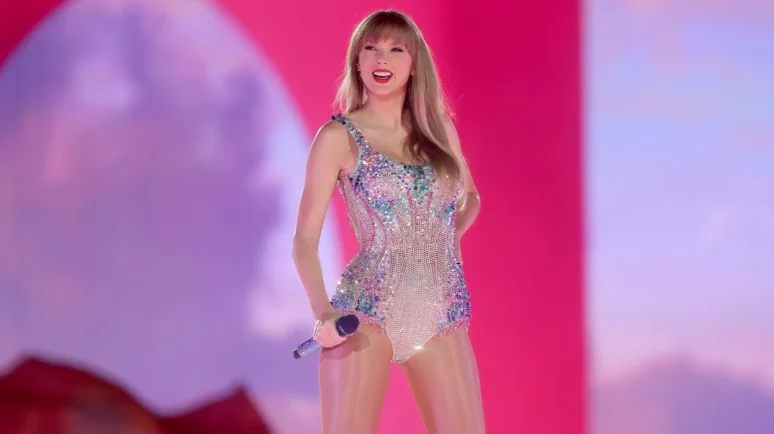Taylor Swift, Bobbi Althoff, Piers Morgan: Updated List of Celebrity Deepfake Scandals 2024

Celebrity deepfakes have grown in number, shared across social media platforms. | Credit: Don Arnold/TAS24 Getty Images.
- As AI technology becomes more sophisticated, it becomes more difficult to discern deepfakes from reality.
- Celebrities and high-profile figures are the main targets of AI technology misuse.
- The need for digital consent has reached the attention of global legislators and regulatory bodies.
AI-generated videos can appear very convincing, sometimes undetectable from reality. This form of artificial technology has the potential to transform the film industry, creating highly realistic videos without the need for a large production team. However, the recent spate of celebrity deepfake scandals brings up the ethical and regulatory challenges that society faces in the new era of AI.
Within a single week in October, high-profile individuals including actor Tom Hanks , journalist Gayle King , and YouTube sensation MrBeast , found themselves the unwitting faces of deceptive marketing campaigns.
A recent series of deepfake scandals involving celebrities like Taylor Swift, Bobbi Althoff, and Piers Morgan have brought further attention to the issue of digital consent and the effectiveness of social media moderation.
Bobbi Althoff Falls Victim to Deepfake Video
Bobbi Althoff, the host of The Really Good Podcast, recently became the target of a deepfake video that depicted her in a sexually explicit manner, quickly spreading across the social media platform X.
Despite X’s policies against such content, the video remained accessible for nearly a day, highlighting the challenges platforms face in enforcing their own rules. Althoff took to Instagram to deny the authenticity of the video, emphasizing its AI-generated nature and expressing her shock at the realization that people believed it was real.
Taylor Swift’s Deepfake Incident Spurs Action on X
Following a similar incident involving Taylor Swift, where deepfake images of the singer circulated on X for 19 hours, the platform took the drastic step of blocking all search terms related to Swift. This action, described as a “blunt” moderation tactic, was intended to prevent further spread of the AI-generated images.
The move has been met with mixed reactions, with some criticizing it as reactive rather than proactive, and others questioning the effectiveness and ethical implications of such heavy-handed moderation strategies.
Piers Morgan and Oprah Winfrey Misrepresented in Deepfake Ads
Piers Morgan and Oprah Winfrey were also embroiled in deepfake controversies, with their likenesses being used without consent in advertisements for a controversial self-help course.
These manipulated videos, which appeared on platforms like YouTube, Facebook, and Instagram, falsely portrayed Morgan and Winfrey endorsing the course, showcasing the potential for deepfakes to mislead the public and infringe on the rights of individuals.
Beyond Celebrity Deepfakes
Celebrities and high-profile individuals are the most obvious targets for deepfakes, however, the ease with which this technology can be accessed and manipulated means that a broad spectrum of society is also at risk of AI misuse.
Social media is often where such deepfakes are shared. Co-founder and CEO of LayerZero Labs Bryan Pellegrino informed his followers on Twitter that there was a deepfake of him circulating.
The application of deepfakes and AI manipulation in politics also poses ethical issues for politicians and lawmakers.
A seasoned Democratic consultant was recently identified as the architect behind a controversial robocall campaign that mimicked the voice of President Joe Biden, stirring a nationwide conversation on the ethics of artificial intelligence in political campaigning.


